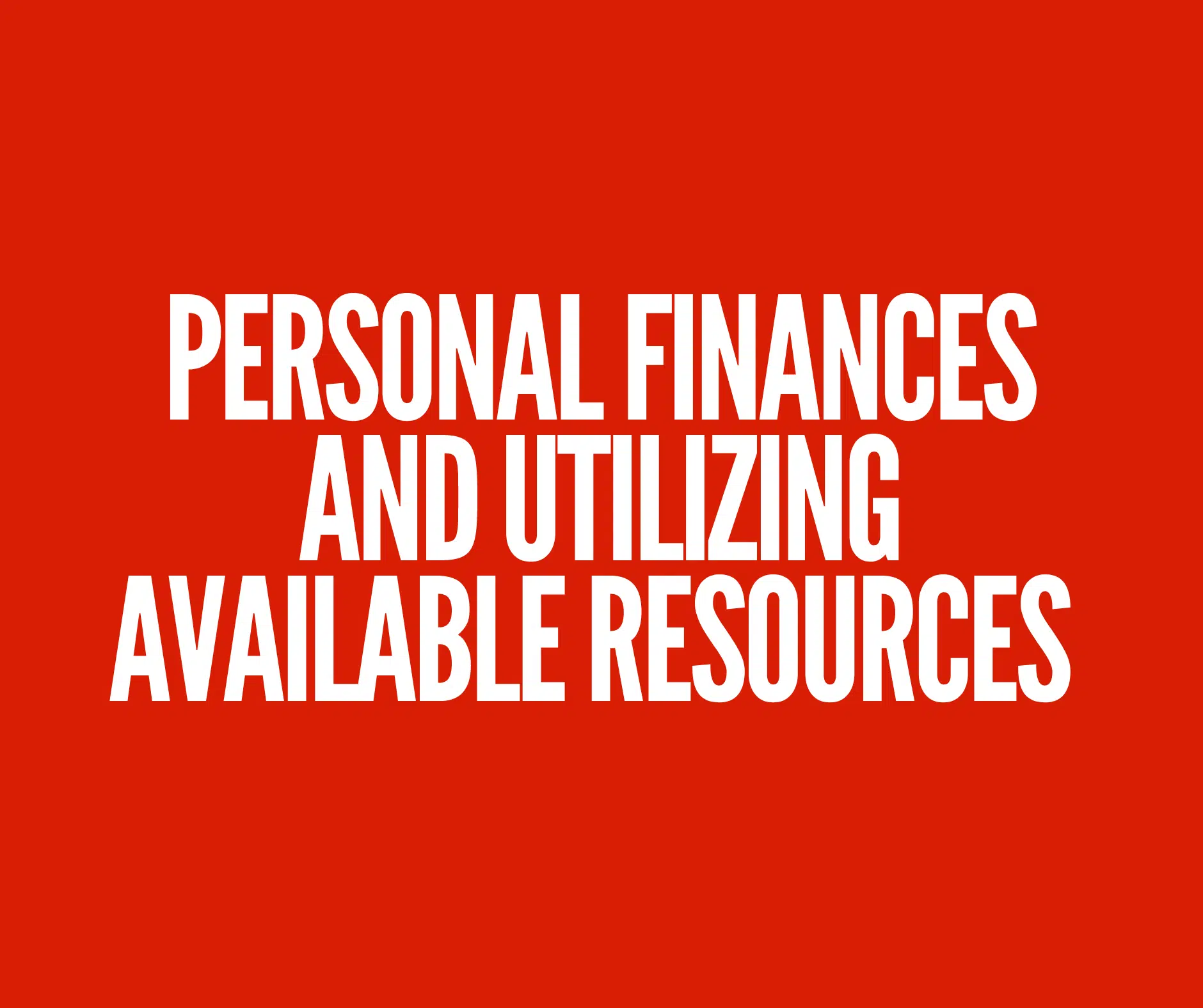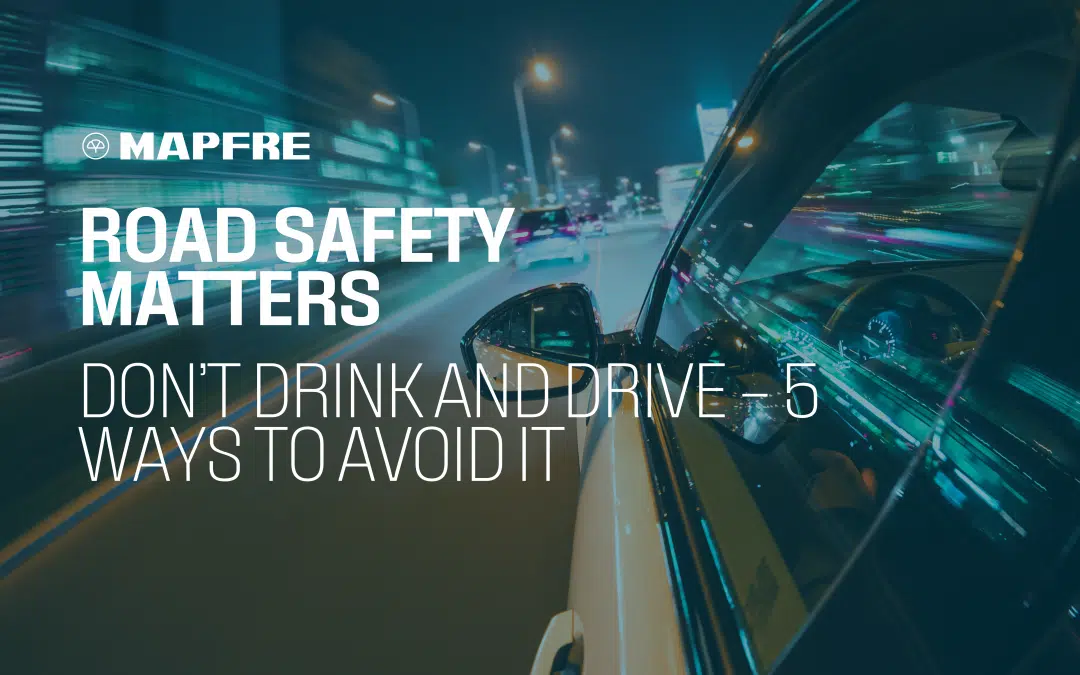Today we are required to participate in the financial markets and to have the means to pay, save, invest, insure ourselves and so on. It is therefore necessary for all citizens to possess the skills they need to improve their relationship with their personal finances and with financial intermediaries.
In recent years, the need to accelerate the transition to a circular, low-carbon economy has become evident. Here, the finance sector will play a key role in promoting sustainable finance. New concepts such as environmental, social and governance (ESG) criteria or socially responsible investment (SRI) have been emerging. They will be the protagonists of this new era and will be the main focus for most companies.
Given this context, financial education initiatives should also include tools to enable citizens to understand these new concepts and make financial decisions. Therefore, in the face of these present and future challenges, financial education has become a key skill as a fundamental element of development. It is also an instrument of consumer protection due to the close relationship it has with our financial health , which, at the end of the day, has an impact on our personal well-being.
Education in the 2030 Agenda
Finally, it should be noted that financial education is also a key element in achieving the Sustainable Development Goals (SDGs) included in the 2030 Agenda, by promoting informed financial decision-making and influencing the acquisition of good saving and spending habits and responsible consumption, and consequently, enabling citizens to manage their personal finances well.
The fourth goal in the list of SDGs is to “ensure inclusive and equitable quality education and promote lifelong learning opportunities for all.” This objective is based on the premise that quality education is key to preventing poverty, reducing social inequalities and providing people with better opportunities.
At MAPFRE we want to promote financial education as an instrument that can contribute significantly to the development of the 2030 Agenda. It is an essential tool for making responsible financial decisions and, at the same time, a crucial instrument for promoting knowledge in these matters.



